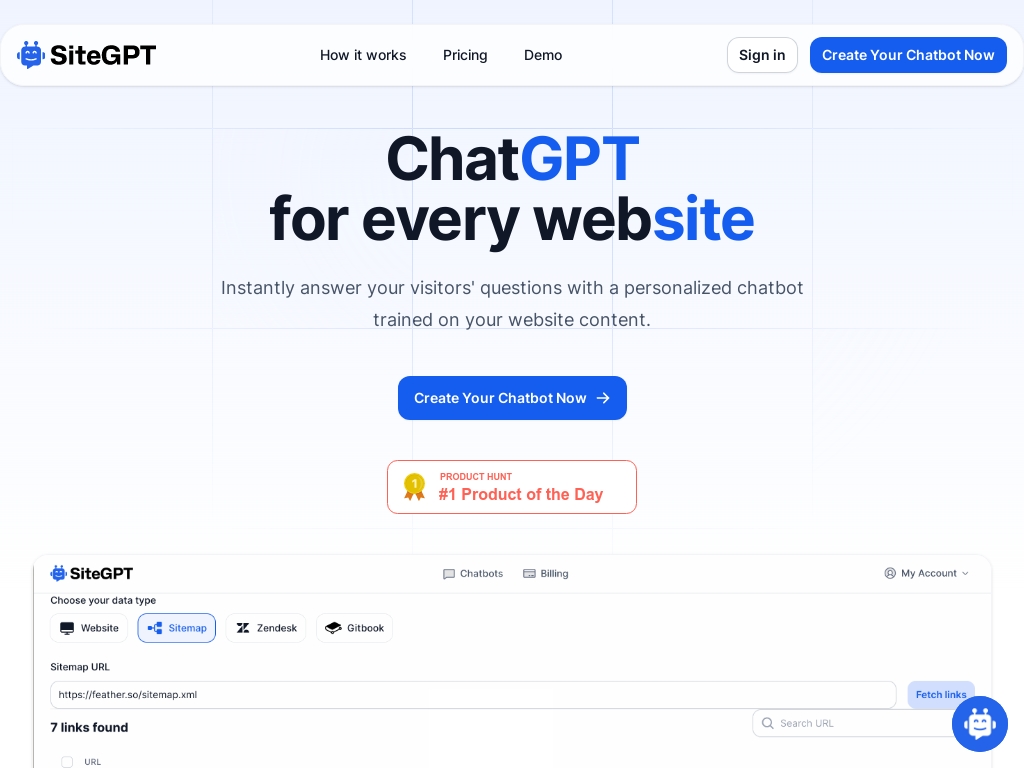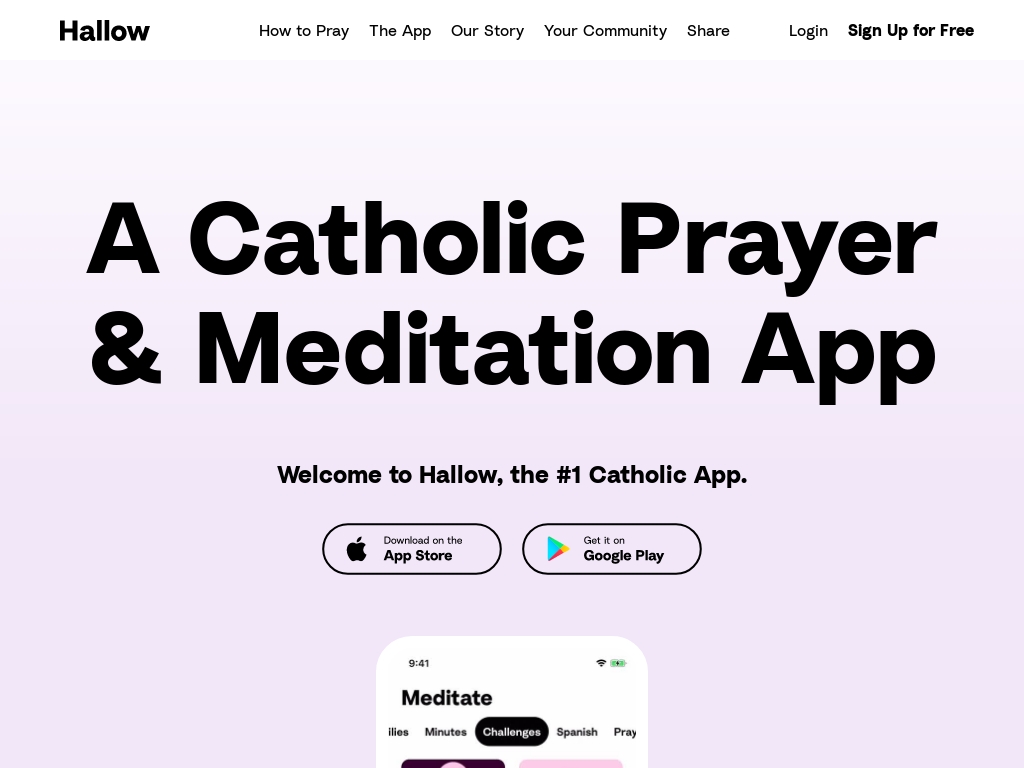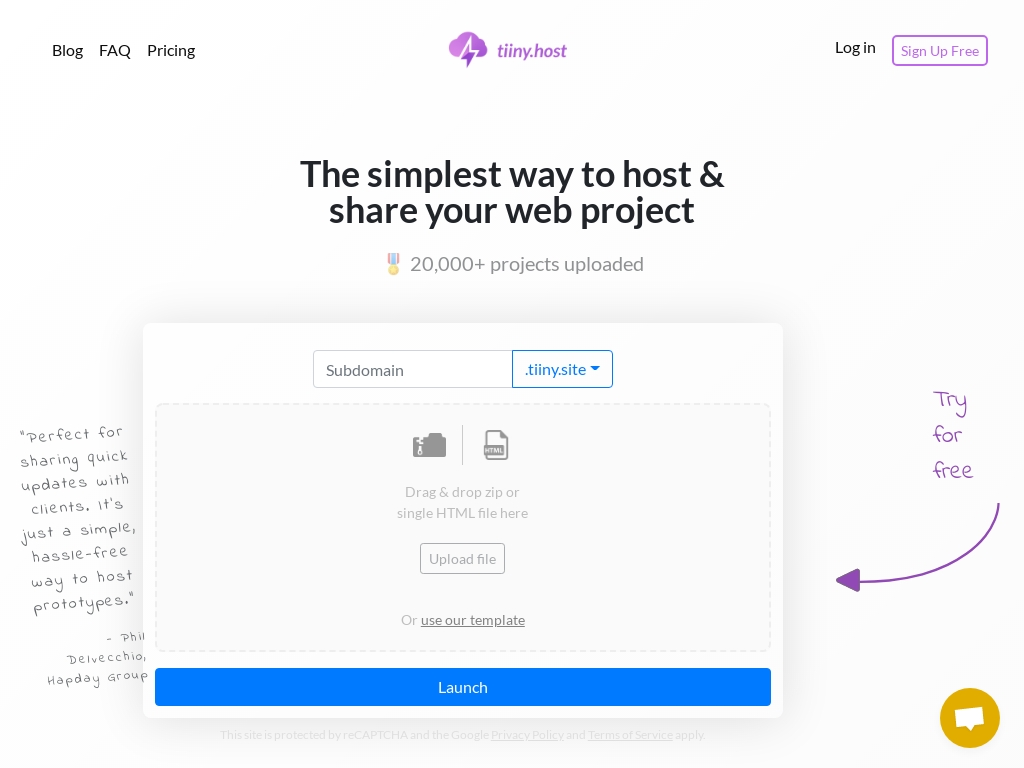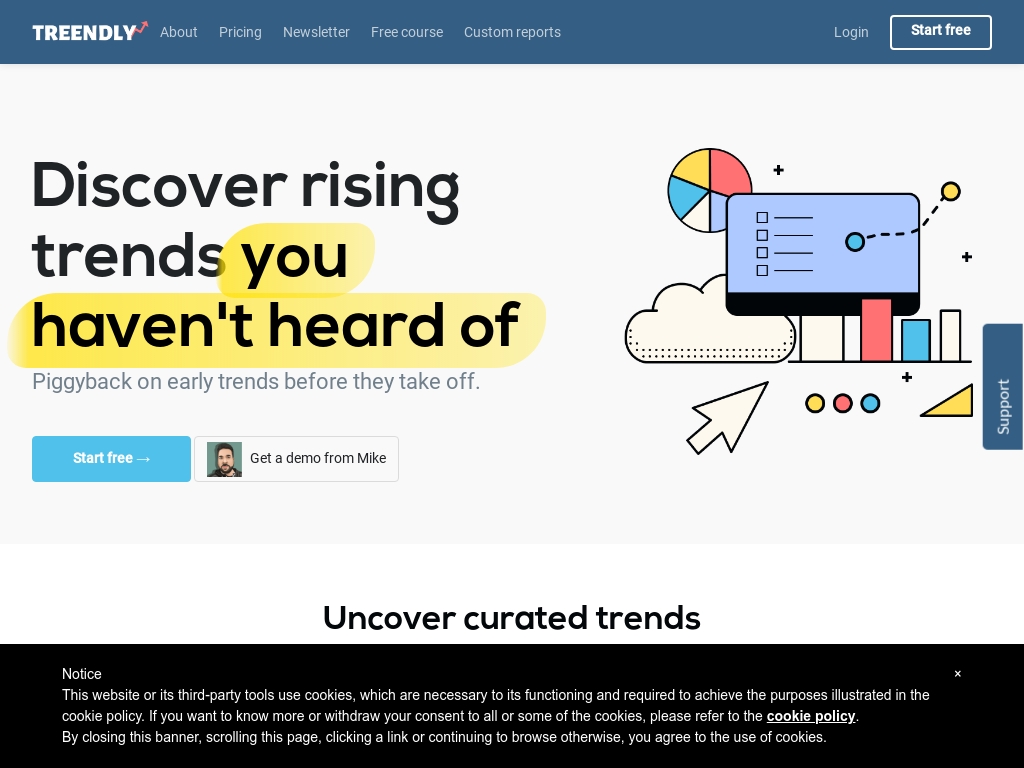
From Legal Expertise to $4.5M ARR: Document Crunch's Rapid Growth
Who is Josh Levy?
Josh Levy is the Co-Founder and CEO of Document Crunch, leveraging his background in construction law to simplify contract management for the construction industry. Originally from South Florida, he holds a Construction Management degree from the University of Florida and a Juris Doctorate from the University of Miami, having worked for top construction firms prior to founding the company.
What problem does Document Crunch solve?
Document Crunch solves the problem of complex construction contracts by highlighting key risk areas, saving contractors from potentially costly mistakes and allowing them to manage projects with greater confidence and efficiency.
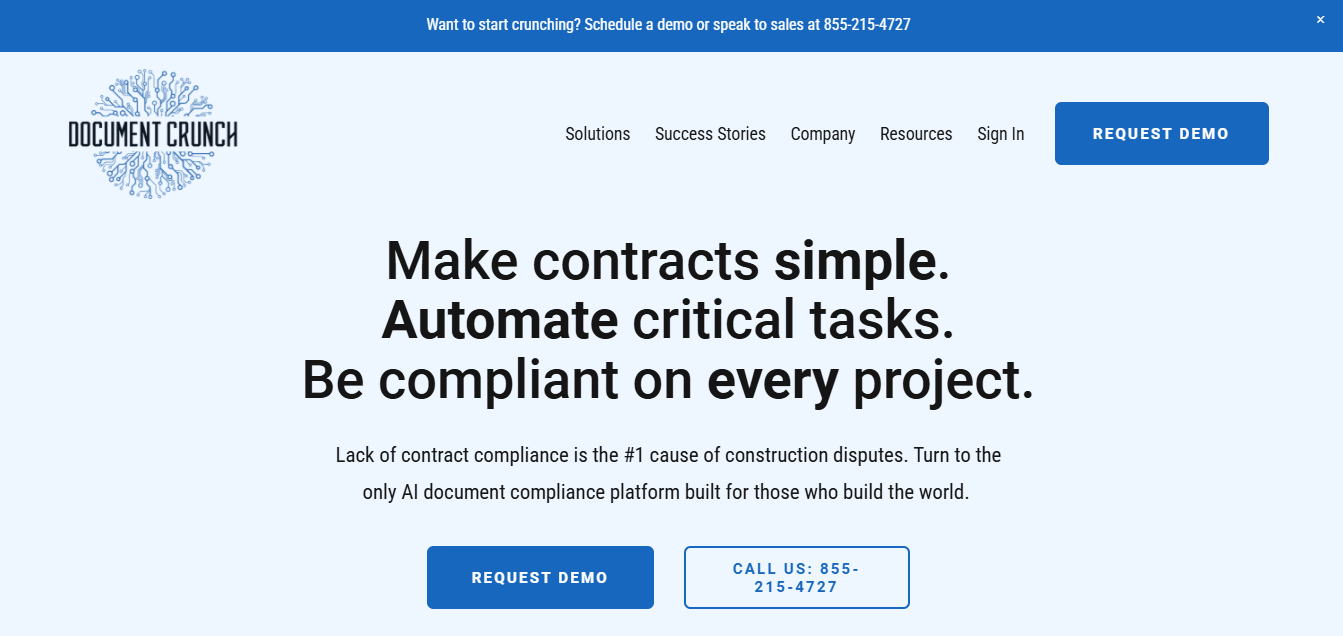
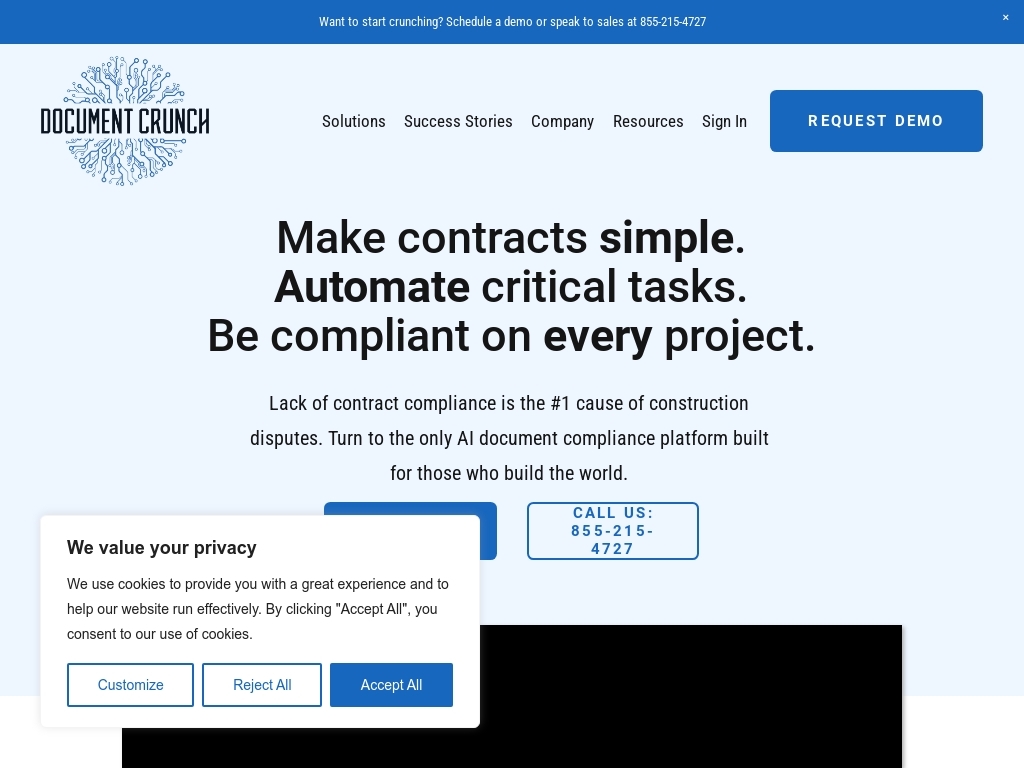
How did Josh come up with the idea for Document Crunch?
Josh Levy's journey to founding Document Crunch began with his firsthand experience as a construction attorney. Working as in-house legal counsel for a large contractor, Josh was overwhelmed with the sheer volume of contracts and the constant inquiries from project managers who needed help understanding contract details. This experience highlighted the existing gap in the construction industry where critical contract information was often inaccessible or misunderstood by non-legal professionals.
Driven by the frustration of this inefficiency, Josh collaborated with his former colleague, Adam Handfinger, envisioning a technology solution that could simplify contract review processes. They identified a need for a tool that could help construction professionals recognize and manage risks while keeping contracts aligned with industry standards. To round out their team, they brought in Adam Nadler for his business expertise, which allowed them to effectively strategize and operationalize their idea.
Before committing fully to the venture, they tested their concept by sharing early prototypes with friends in the industry, using this feedback to refine their offering. The challenges of understanding the nuanced needs of non-legal construction professionals were significant, but Josh and his team overcame them by drawing insights from their extensive industry knowledge. Through perseverance and a focus on solving a clear pain point, they created Document Crunch—a platform that bridges the gap between legal complexities and practical construction project management.
How did Josh Levy build the initial version of Document Crunch?
Document Crunch was built through a careful and strategic development process that began in 2018 with the collaboration of its co-founders, each bringing unique expertise to the table. The initial product development phase focused on solving a persistent problem faced by the construction industry—understanding and managing risks in construction contracts. Josh Levy and Adam Handfinger, both seasoned construction law professionals, alongside Adam Nadler, a business expert, identified the need for a contract intelligence platform that could leverage AI to streamline contract reviews. They started by leveraging existing legal tech solutions but quickly moved to bespoke development efforts, focusing on AI tools that could identify and provide insights into critical risk provisions in contracts.
Their approach involved prototyping the product with input from industry peers, which led to testing and iterating to ensure that the platform met the practical needs of construction professionals. This process took about two years, with Josh and his team working internally and relying on feedback from initial adopters to refine the functionalities. The experience was challenging but rewarding, with a focus on ensuring the product could stand up to the dynamic and high-stakes environment of the construction industry. Document Crunch's technology stack centers around machine learning and natural language processing, delivering insights that empower non-legal professionals in construction to make informed decisions swiftly and accurately.
What were the initial startup costs for Document Crunch?
- Funding: Document Crunch secured a $9 million Series A funding round from Navitas Capital in 2024.
What was the growth strategy for Document Crunch and how did they scale?
Outbound Sales and Marketing
Document Crunch has effectively used a targeted outbound sales strategy to grow its customer base. The company employs six account executives who focus on reaching out to potential clients, particularly large enterprises in the construction industry. This proactive approach allows them to educate large contractors on the value of their software and drive adoption among those who might not yet realize the benefits of automated contract analysis.
Why it worked: The construction industry typically involves complex project lifecycles, making Document Crunch’s offering highly relevant. By directly engaging decision-makers through outbound efforts, Document Crunch can more effectively highlight their unique value proposition tailored to specific pain points these enterprises face, ensuring higher conversion rates.
Field Marketing and Industry Events
Field marketing and participation in industry events have been integral to Document Crunch's strategy. They regularly attend major industry conferences, where they set up booths to showcase their product, engage with attendees, and gather leads. This face-to-face engagement helps to build credibility and trust within the industry, facilitating word-of-mouth referrals and brand recognition.
Why it worked: Personal connections are incredibly valuable in construction, an industry that depends heavily on trust and relationships. By establishing a presence at these events, Document Crunch aligns with industry best practices and becomes synonymous with contract compliance solutions, encouraging further interest and inquiries through their website.
Solutions Driven by AI Technology
Document Crunch leverages AI to simplify construction contracts by identifying critical risk factors and enhancing project management for users. Their AI-driven insights allow construction professionals to take more active roles in contract management without needing deep legal expertise.
Why it worked: Construction contracts are dense and complicated, often requiring legal interpretation. By using AI to distill this complexity into actionable insights, Document Crunch empowers users to make informed decisions faster, reducing risk and increasing efficiency. This innovation is crucial in an industry where time and accuracy directly impact profitability.
Networking and Partnerships
Josh Levy, co-founder and CEO, actively utilizes his extensive network within the construction and legal fields. By reaching out to former colleagues and industry contacts, Document Crunch builds partnerships that bolster their market position and create opportunities for collaboration and integration.
Why it worked: Trust is critical in the construction industry. By leveraging personal networks, Document Crunch gains access to new clients and markets through established connections, helping to smooth the sales process and improve brand trustworthiness, as clients often prefer solutions recommended by known and respected figures in their industry.
What's the pricing strategy for Document Crunch?
Document Crunch prices its services starting at $4,000 annually per client, with additional project-based pricing available, significantly increasing depending on the project volume and complexity.
What were the biggest lessons learned from building Document Crunch?
- Bridge the Gap: Document Crunch recognized a significant challenge in the disconnect between front-line project teams and back-office legal compliance. By offering a tool that simplifies contract understanding, they bridged this gap effectively, enhancing project outcomes and reducing risks.
- Empower Non-Lawyers: By focusing on simplifying contracts for non-legal professionals, Document Crunch empowered project managers and construction teams to make informed decisions. This approach democratized contract understanding, making it accessible across all levels of the construction industry.
- Feedback-Driven Adaptation: Listening to client feedback and industry needs, Document Crunch continually refined its product, ensuring it addressed the most pressing issues. This responsive strategy enabled them to stay relevant and valuable in a constantly evolving sector.
- Human-AI Collaboration: Document Crunch leveraged AI to enhance human judgment, not replace it. By providing guidance and context around contract provisions, users could better navigate complex legal terms, showcasing the power of technology to complement human expertise.
- Resilience in Tech Adoption: The slow tech adoption in construction was a hurdle. Document Crunch persistently engaged with potential clients, proving the necessity of their solution and ultimately gaining acceptance as a valuable industry tool.
Discover Similar Business Ideas Like Document Crunch
|
|
Idea
|
Revenue
|
|---|---|---|
|
PDFShift
|
HTML-to-PDF conversion API service.
|
$8.5K
monthly
|
|
SiteGPT
|
AI chatbot trained on your website content.
|
$15K
monthly
|
|
Hallow
|
"Catholic prayer and meditation app fostering faith growth."
|
$278K
monthly
|
|
tiiny.host
|
Static website hosting made simple for everyone.
|
$15K
monthly
|
|
Studio Wombat
|
WooCommerce plugin developer for enhanced e-commerce features.
|
$15K
monthly
|
|
Treendly
|
Trend-spotting platform for untapped market insights.
|
$1K
monthly
|
|
ScreenshotOne
|
API for capturing website screenshots easily.
|
$2.2K
monthly
|
More about Document Crunch:
Who is the owner of Document Crunch?
Josh Levy is the founder of Document Crunch.
When did Josh Levy start Document Crunch?
2019
What is Josh Levy's net worth?
Josh Levy's business makes an average of $375K/month.
How much money has Josh Levy made from Document Crunch?
Josh Levy started the business in 2019, and currently makes an average of $4.5M/year.

Download the report and join our email newsletter packed with business ideas and money-making opportunities, backed by real-life case studies.

Download the report and join our email newsletter packed with business ideas and money-making opportunities, backed by real-life case studies.

Download the report and join our email newsletter packed with business ideas and money-making opportunities, backed by real-life case studies.

Download the report and join our email newsletter packed with business ideas and money-making opportunities, backed by real-life case studies.

Download the report and join our email newsletter packed with business ideas and money-making opportunities, backed by real-life case studies.

Download the report and join our email newsletter packed with business ideas and money-making opportunities, backed by real-life case studies.

Download the report and join our email newsletter packed with business ideas and money-making opportunities, backed by real-life case studies.

Download the report and join our email newsletter packed with business ideas and money-making opportunities, backed by real-life case studies.

